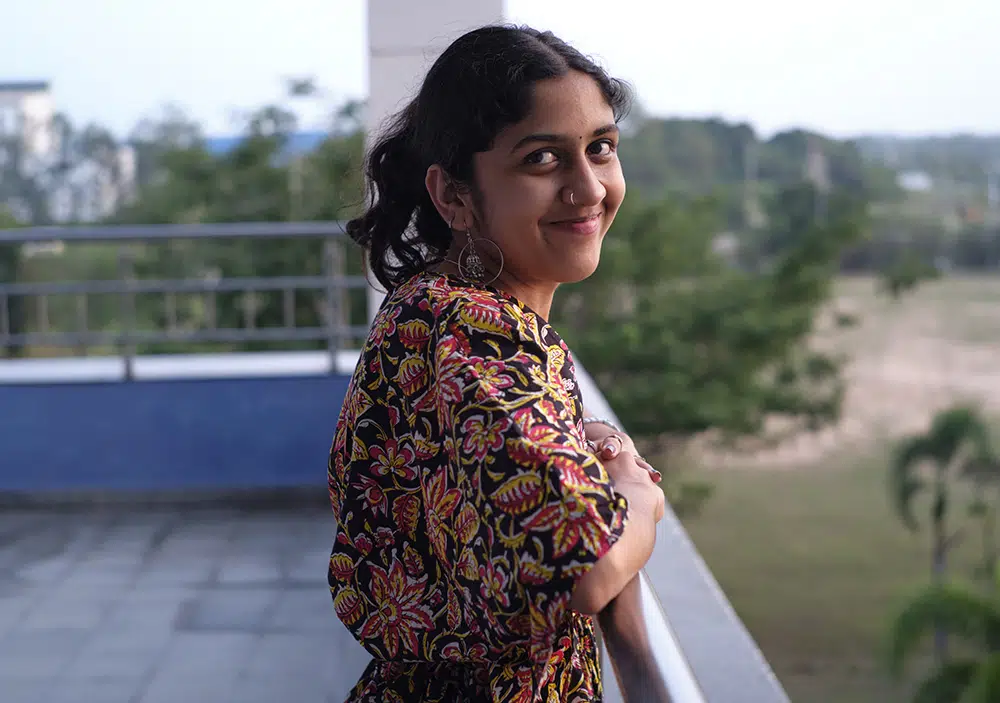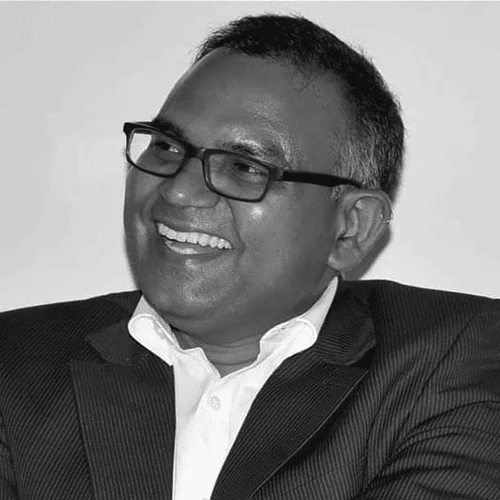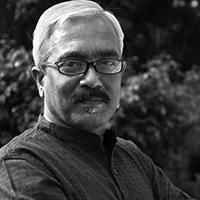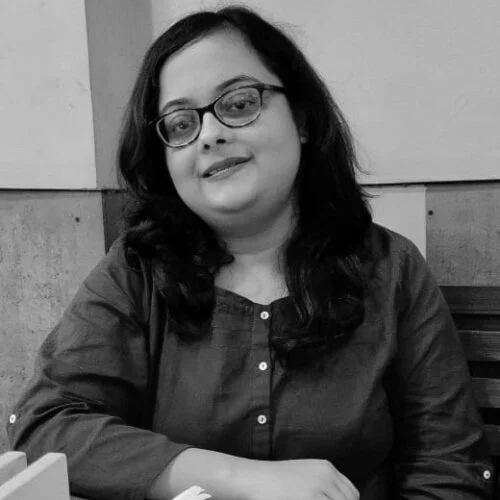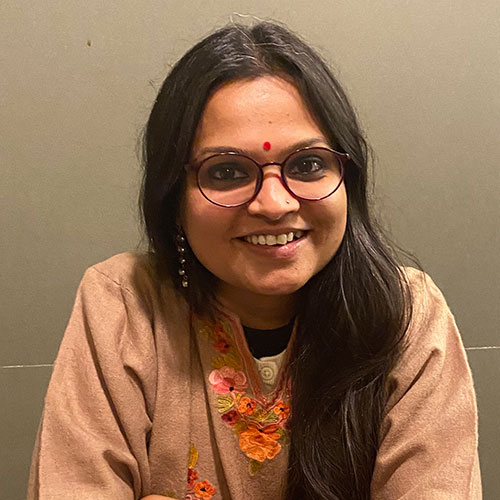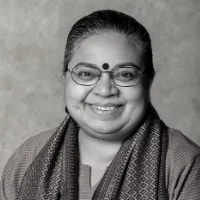Major:
To earn a Major in Politics, a student must complete twelve courses (48 credits) as well as complete a Capstone thesis project or two additional electives (8 credits) to earn a total of 56 credits, out of which:
1. Six are required courses (24 credits)
2. Six are elective courses (24 credits)
3. A Capstone thesis or two additional elective courses (8 credits)
Minor:
To earn a Minor in Politics, a student must complete six courses (24 credits), out of which:
1. Three are required courses (12 credits)
2. Three are elective courses (12 credits)
Concentration:
To earn a Concentration in Politics, a student must complete any three Politics courses (12 credits).
The Krea Politics graduate will be better prepared to play their role as active citizens and effective members of their political communities. It provides a solid ground on which they can pursue their careers in government, civil service, not-for-profit institutions, international organisations, and media. It also provides a foundation for undertaking further studies in specialised areas such as law and governance, urban politics, public policy, and international studies.
| Job Roles | Organisations |
- Policy Analyst
- Researcher
- Journalist
- NGO Professional
- Communications Professional
- Public relations Professional
- Government Official
| - Academia
- Non Government Organisations
- Government
- Policy Research Organisation/Think
Tank - Development and Aid
Organisations - Diplomatic Organisations
- Media and Publishing Houses
- International Trade Organisations
|
